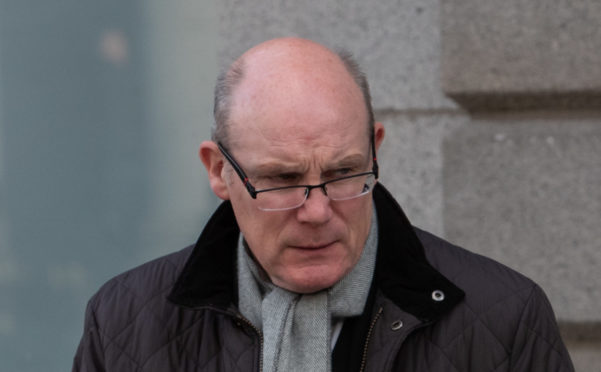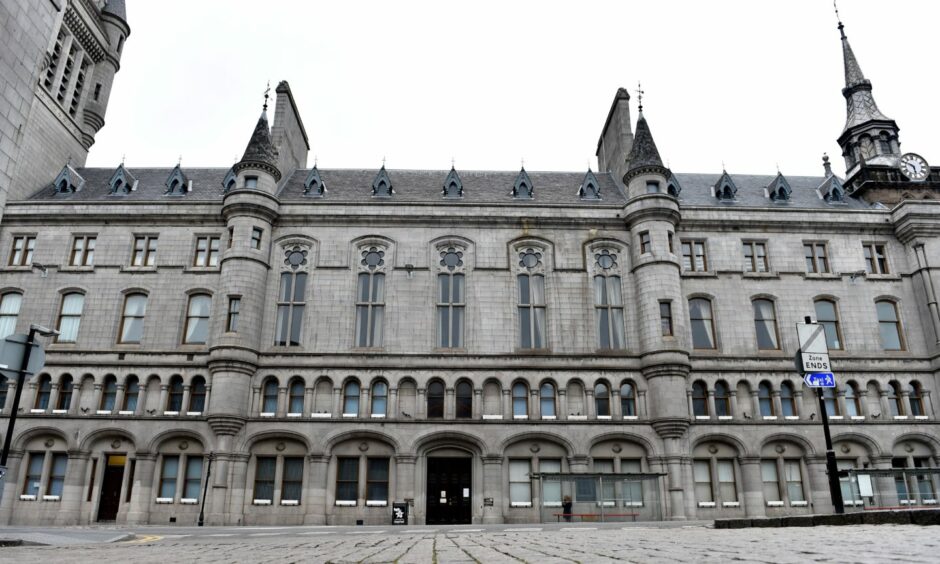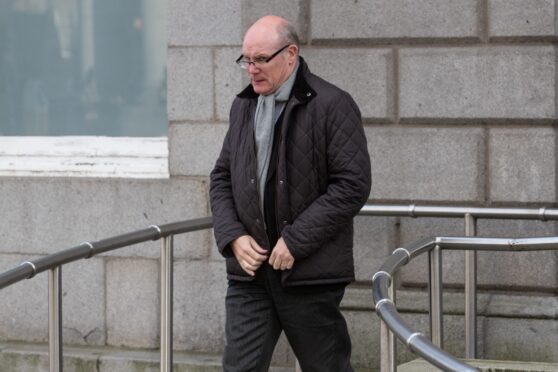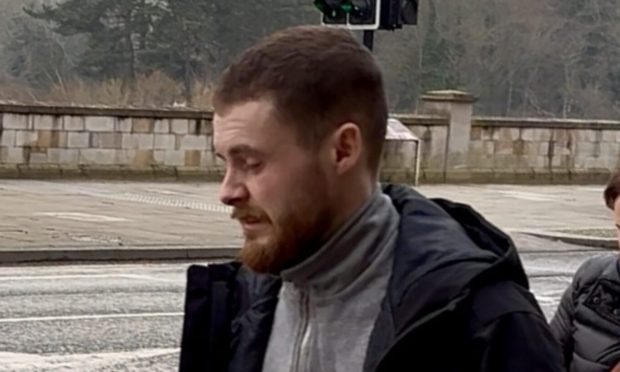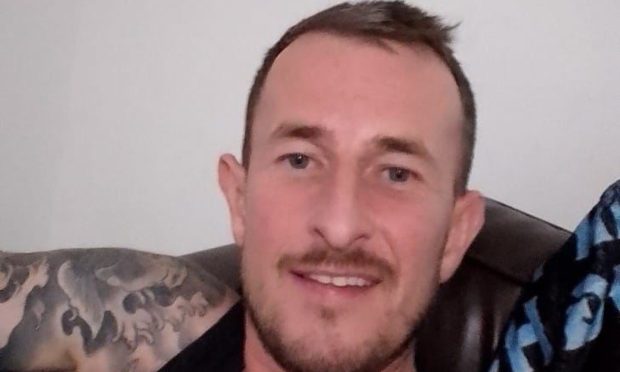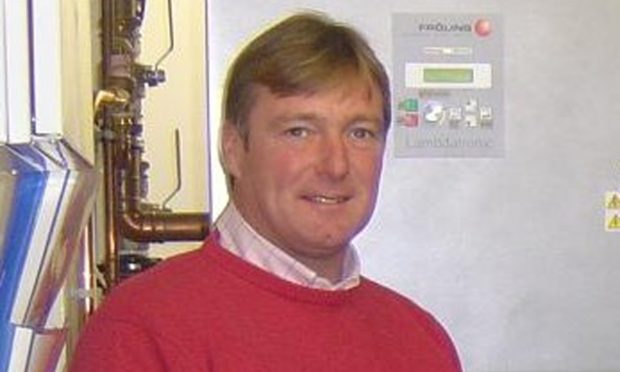A fresh tribunal is under way to investigate sexual misconduct allegations against Aberdeen sheriff and former Dundee solicitor Jack Brown.
The sheriff, who has been suspended on full pay for more than five years, is accused of behaving inappropriately towards a female lawyer.
This week a behind-closed-doors disciplinary hearing, called by former First Minister Nicola Sturgeon, began hearing evidence.
It comes after the decision of an earlier tribunal was quashed following a judicial review.
Here, we look at the key questions surrounding this long-standing case.
Who is Sheriff Jack Brown?
Jack Brown graduated from Dundee University and trained with the city council, before taking up a post with J&J Hunter.
He then became a partner in Shaw and Co solicitors.
In 1996, he set up his own practice in Dundee, Jack Brown and Co.
In 2003, he was appointed a solicitor advocate.
He became a part-time sheriff in 2005, before he was made sheriff of Grampian, Highland and Islands in September 2016.
His appointment was recommended to the Queen by then First Minister Nicola Sturgeon.
What are the allegations against him?
Mr Brown was suspended on full pay when allegations of sexual harassment emerged against him five years ago.
He was accused by a female lawyer – known only as X – of acting inappropriately around her in 2018.
X had alleged inappropriate and unwelcome physical contact towards her, including a claim that he touched her bottom.
Police took statements from the lawyer and two other women, named in court papers as C1 and C2.
Both complainers also alleged Mr Brown had acted inappropriately towards them.
Ms C1 told police that on an occasion between 1991 and 2000, during a visit to a pub, Mr Brown put his hand inside her jumper and bra and touched her naked right breast.
Ms C2 claimed that in the early 2000s, Mr Brown kissed her on the mouth in a courtroom.
She also alleged he had patted her on the bottom when congratulating her on a promotion.
What happened to the original allegations?
Mr Brown was arrested and charged in relation to the allegations in January 2019.
However prosecutors dropped the case three months later.
Instead, a Fitness for Judicial Office Tribunal was arranged to investigate the claims.
One allegation, that Mr Brown had hugged X and made a remark towards her, was upheld.
The tribunal ruled his behaviour had been “entirely inappropriate” and he had “failed to respect proper professional boundaries.”
However the other allegations made by X had not been established on the balance of probabilities, it found.
The tribunal further concluded that Mr Brown’s behaviour did not merit him being removed from office.
Why is there a second tribunal?
Lawyers for X challenged the findings in the Court of Session.
Her legal team successfully argued the tribunal failed to consider statements from the two other women interviewed by police.
They said by not taking account of the other complaints, the tribunal had not followed legal procedures.
Judge Lord Woolman agreed to quash the decision, noting X had not received a “fair crack of the whip.”
He added: “The tribunal proceeded in ignorance of the availability of other evidence.”
The case was referred to the First Minister and the Lord President in February last year.
Ms Sturgeon later ruled the second tribunal must be held.
How did that go down?
X’s lawyer Stuart Munro, of Livingston Brown, has described this as an “anxious, but important case”.
He said: “Complaints about misconduct on the part of public officials have to be fully and properly investigated.
“Those making the complaints need to know that if mistakes are made, they will need to be identified and addressed.
“This case highlights the need for complainers to have a voice in the processes that affect them.”
Mr Brown’s lawyer argued X’s petition was “no more than an invitation to the court to allow the petitioner to ‘have another go’ on the entirely speculative basis that a different outcome might be possible.”
Still suspended on full pay?
Yes, since December 2018.
It became something of a political hot potato last year when it emerged, not only was he getting his £160,000 a year salary, the government was also funding his legal fees.
Shadow Justice Secretary Russell Findlay commented in November: “With chronic financial pressures across the justice system, it’s bad enough that almost £800,000 has been spent paying a sheriff to sit about doing nothing.”
The Scottish Government has not responded directly to questions about the sheriff’s legal costs.
What happens next?
The government cannot say when the current tribunal will conclude.
A spokeswoman said: “Once the tribunal has made its decision, ministers will lay the tribunal’s report before the Scottish Parliament in line with duties set out in the Court Reform Scotland Act 2014.”
For more local court content visit our dedicated page or join us on Facebook.
